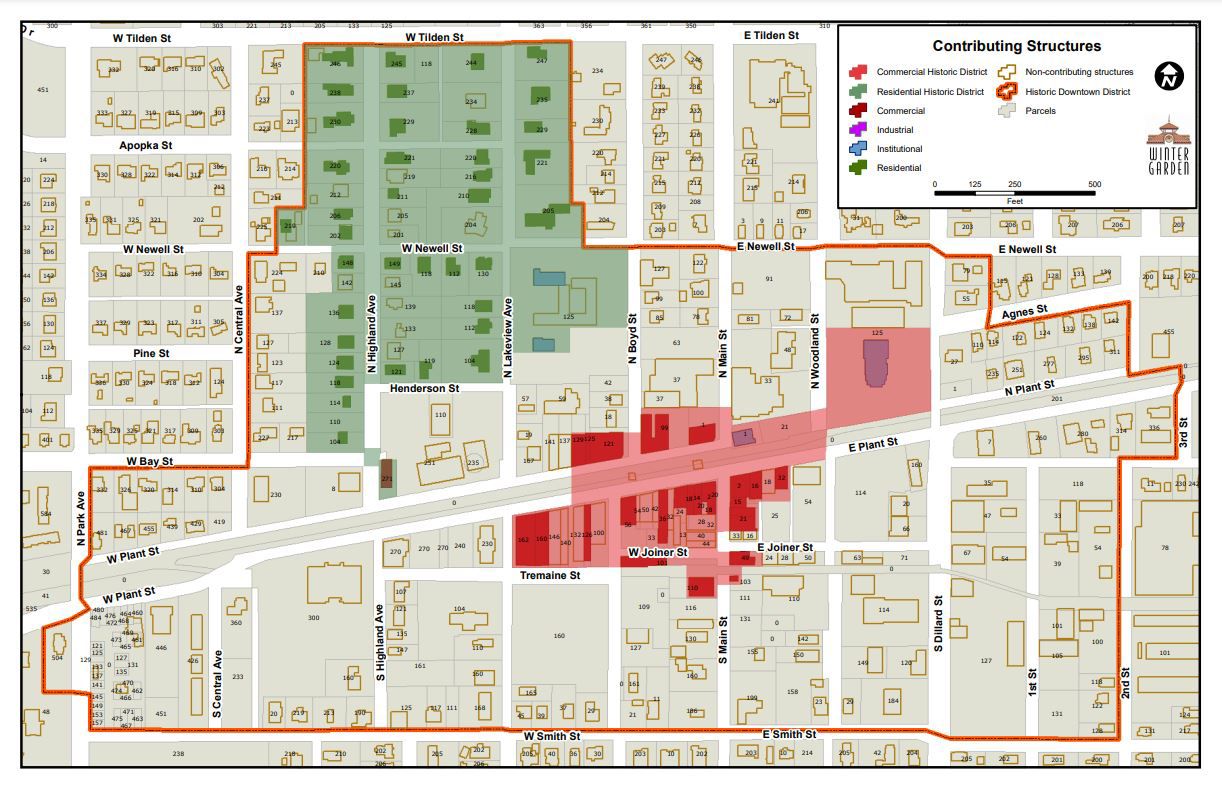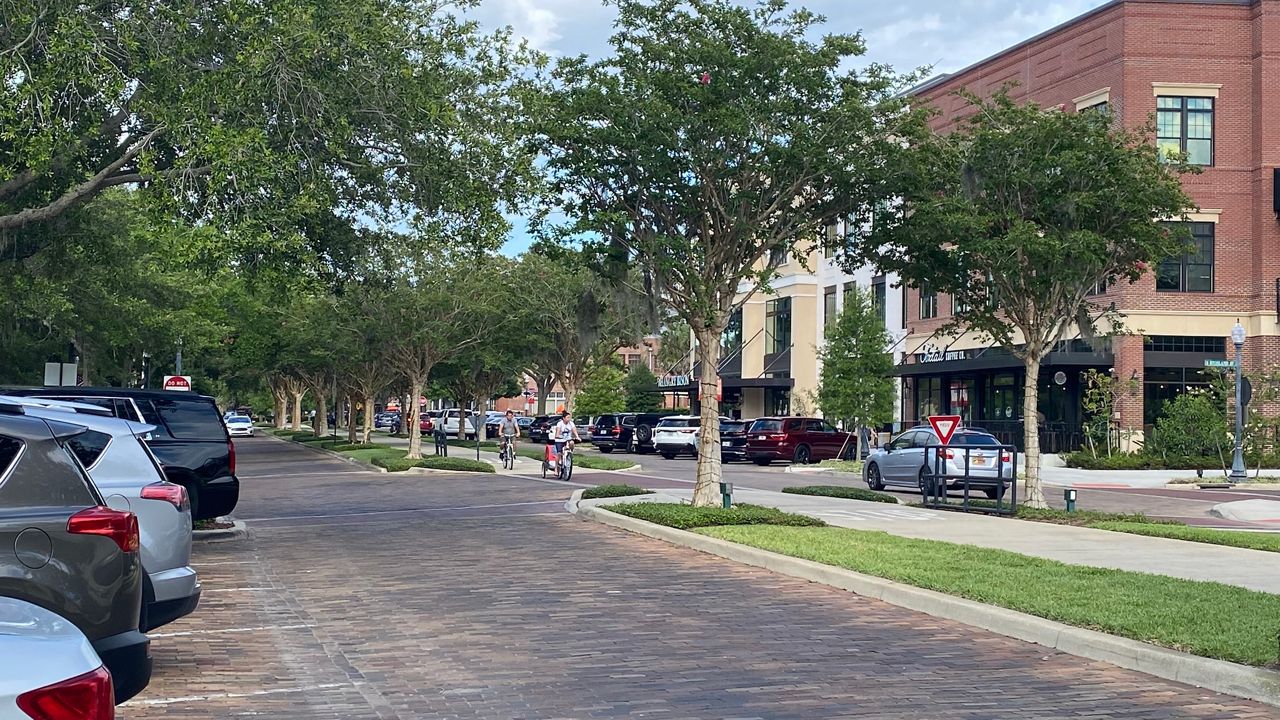The city of Winter Garden may be putting a temporary cap on adding more opportunities to sell alcohol in its historic downtown area.
On Thursday evening, the City Commission held a first reading on an ordinance that would put a 1-year moratorium on issuing new allowances for selling alcohol for on-site consumption.
What You Need To Know
- The proposed ordinance would prevent new businesses from selling alcohol for a year in downtown Winter Garden
- The first reading happened during Thursday’s Winter Garden City Commission meeting
- Residents will have an opportunity to weigh in during a public hearing and second reading on May 26
The ordinance was produced by Winter Garden Community Development Director Steve Pash. In a submission to the City Commission delivered by City Manager Jon C. Williams, Pash said that:
“The City has a concern about the impact of having excessive number of businesses selling alcoholic beverages for on-premises consumption within the Downtown District and desires for the City staff to evaluate and potentially propose changes to Chapter 6, City of Winter Garden Code of Ordinance regulating alcoholic beverage sales and to the City’s land development regulations to address such concern.”
Spectrum News 13 reached out to both Pash and Williams for comment Thursday, but did not hear back before publication.
Chapter 6 of the Winter Garden city charter states, in part, that an establishment isn’t allowed to have on-premises consumption of alcohol “if the place of business is nearer than 1,000 feet to the place of business of any vendor wherein on-premises consumption of alcoholic beverages is permitted.”
Restaurants are exempt from this distance limitation.

Back in August 2019, the city's Charter Review Committee voted 8-0 to remove what was then “Section 5 Sale of alcoholic beverages.”
That section stated the following:
“All regulations affecting the location of any establishment selling intoxicating liquor, wine, or beer for consumption on the premises shall be subject to a referendum of the voters; and except for restaurants that derive more than fifty-one (51) percent of their annual revenue from the sales of food and nonalcoholic beverages served for consumption on the premises, any establishment selling intoxicating liquors, wine, or beer, for consumption on the premises, shall not be located less than one thousand two hundred (1,200) feet from a school or an established church within the corporate limits of the city.”
Wendy Ramey is the sales manager at Wheel Works, a bike shop in the historic downtown. She said while the bike shop doesn’t have any plans to sell alcohol to its customers, she’s noticed more and more businesses have started to incorporate such sales into their businesses over the years.
“Almost every restaurant down here now has liquor or beer and wine, where 20 years ago, there was hardly any,” Ramey said. “So, at this point, the options are endless, but why not still be part of the change and make it more fun for your customers?”
She said the 1-year moratorium seems long and hopes that, if it passes, the hold doesn’t negatively impact the business sector.
“If it were a small business trying to get into town, they might think twice before they open a new shop, if there’s limits on things like that,” Ramey said.
The City Commission plans to hold a second reading and public hearing on the proposed ordinance during its May 26 meeting.



